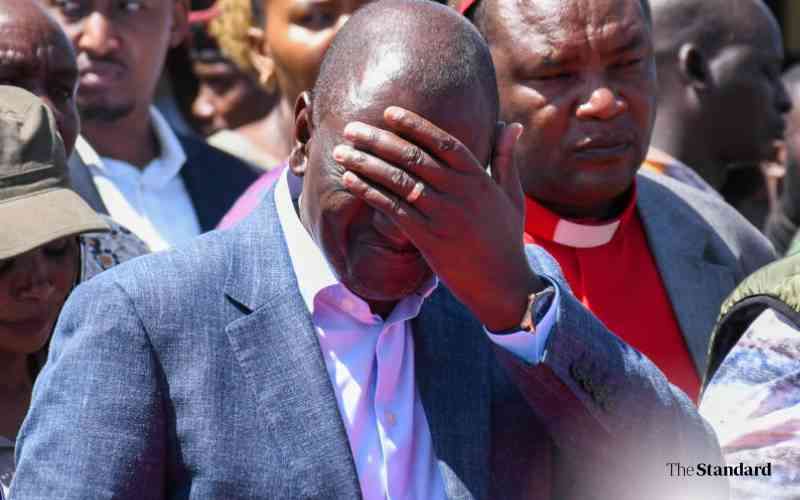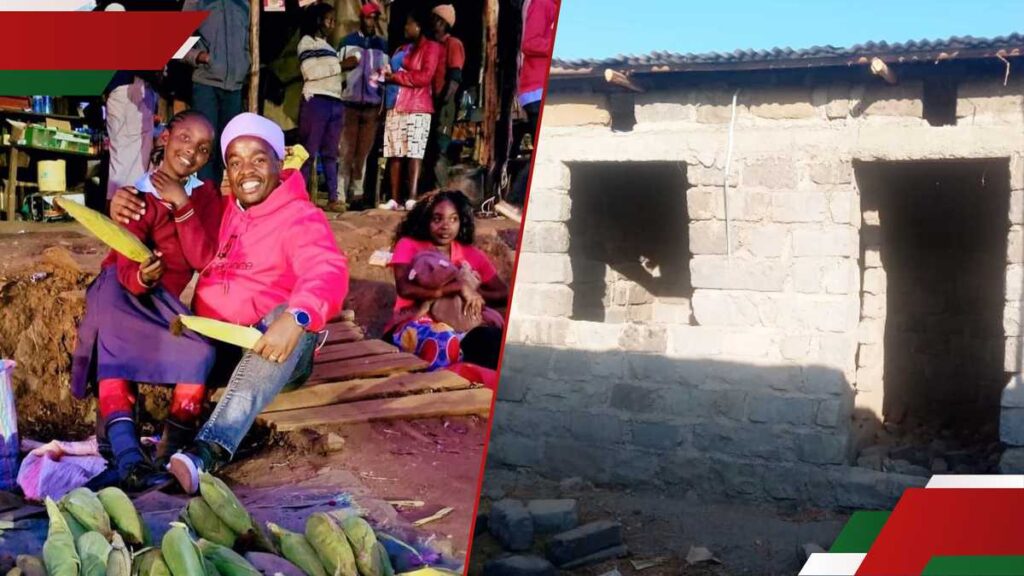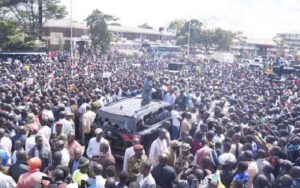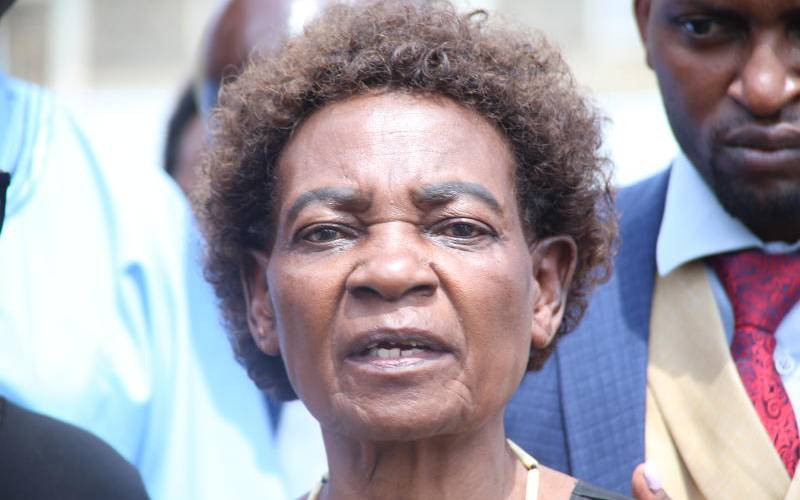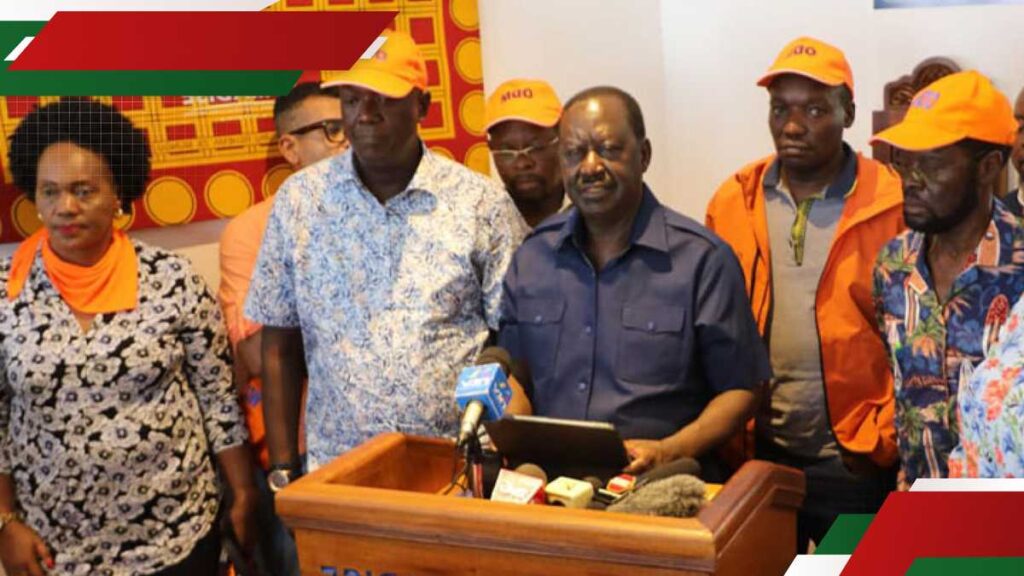Majority of Kenyans are facing harsh economic conditions, a new opinion survey indicates.
The latest poll by the Trends and Insights for Africa (TIFA) has laid bare the suffering Kenyans are going through since President William Ruto took over power two and half years ago.
The poll found that majority of Kenyans feel the country is headed in the wrong direction. The poll, released on Wednesday, shows that 75 per cent of Kenyans who were asked to compare their current economic situation with what it was three years ago, days before the presidential election, said that their way of life had become worse, with only 10 per cent characterising it as better while 13 per cent indicated that it had remained the same.
Among the majority who reported that their way of life had changed to worse, Lower Eastern and Nyanza were the majority standing at 82 per cent followed by Nairobi and Mt Kenya at 79 per cent. In what reflected the voting patterns in the 2022 elections the lowest negative figures came from Central Rift and Northern Kenya (61 per cent and 63 per cent, respectively).
“At the same time, in none of the nine zones do even one-fifth of respondents say that their economic state has improved since 2022, the highest proportions being in Central Rift and Northern zones (19 per cent in both).” The survey read in part.
As a result of personal and family economic situations, 86 percent of Kenyans felt the country was headed in the wrong direction. However, 38 per cent of Kenyans who have suffered economically still felt the country was in the right direction.
The report said 36 per cent of Kenyans who reported that the country was in the right direction had reported economic improvement.
While the survey suggested that President Ruto was given credit for continuation and launch of infrastructure projects, 46 per cent of Kenyans could not name any such achievements.
Eighteen per cent said Ruto had failed to reduce the cost of living, while 11 per cent of those interviewed claimed Ruto had failed to produce leadership for the country.
However, 14 per cent of people interviewed believe Ruto had achieved in infrastructure development, five per cent said the Kenya Kwanza administration had achieved at reducing and stabilising the cost of living and 4 per cent said the government had achieved growth in Agriculture.
Corruption, poor leadership, tribalism and ethnic tensions and inflation, cost of living were among the key factors perceived to be undermining Kenya’s development.
According to the poll, majority of Kenyans, 42 per cent believe corruption was among the main factors impeding development, while poor leadership followed at 30 per cent and those who perceived that ethnicity was a barrier to development stood at 6 per cent.
Although President Ruto’s key objective of bringing ODM leader Raila Odinga onboard was to unify the country and to stabilise it, the survey by TIFA pointed out that based on their economic status, 54 per cent of Kenyans were against the broad-based government.
Only 22 per cent of Kenyans supported the broad-based government, with majority of those who supported the Ruto Raila pact hailing from the president’s Rift backyard.
Stay informed. Subscribe to our newsletter
“Across the country, support for the Broad Based Government is highest in the President’s home zone of Central Rift (37%) and lowest in the Mt. Kenya and Lower Eastern zones are the home areas of his former Deputy President Rigathi Gachagua and Wiper leader Kalonzo Musyoka, respectively (13 per cent and 12 per cent),” the survey says.
In Gachagua and Kalonzo’s backyards, Kenyans were opposed to the broad-based government with 58 per cent of Kenyans in Mt Kenya opposing the arrangement and 72 per cent from Lower Eastern.
In Nyanza, 49 per cent were anti the broad-based government, 25 per cent supported it and 26 per cent had no opinion while in Coast, 57 per cent were opposed to the arrangement, 22 supported it and 21 had no opinion.
The broad-based arrangement was also not popular in Nairobi where 57 per cent were opposed, 21 supported and 22 had no opinion. In Western, 50 per cent were opposed, 21 per cent supported and 29 per cent either had no opinion or did not respond.
“Based on such economic and ‘direction’ findings, it is not surprising, therefore, that fewer than one quarter of Kenyans express support for the BBG. Though given the evidently continuing influence of its major figures (Ruto and Raila), neither is it surprising that (along with Northern), Kenyans in their home areas (Central Rift and Nyanza) give it the highest level of such support,” the report read.
According to the survey, some of the reasons why the broad-based government was not supported were as a result of Raila failing to bring his entire ODM ‘entourage’ along with him in supporting the BBG arrangement.
At the same time, 31 per cent of those who are anti-broad-based arrangement feel that Raila should rejoin the Opposition and contest for presidency while 22 per cent hope that he will rejoin the opposition and support another candidate against Ruto.
However, 38 per cent of the broad-based supporters feel Raila should support Ruto’s re-election while 25 of the broad-based backers feel he should contest for presidency.








